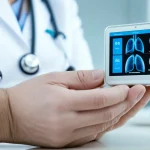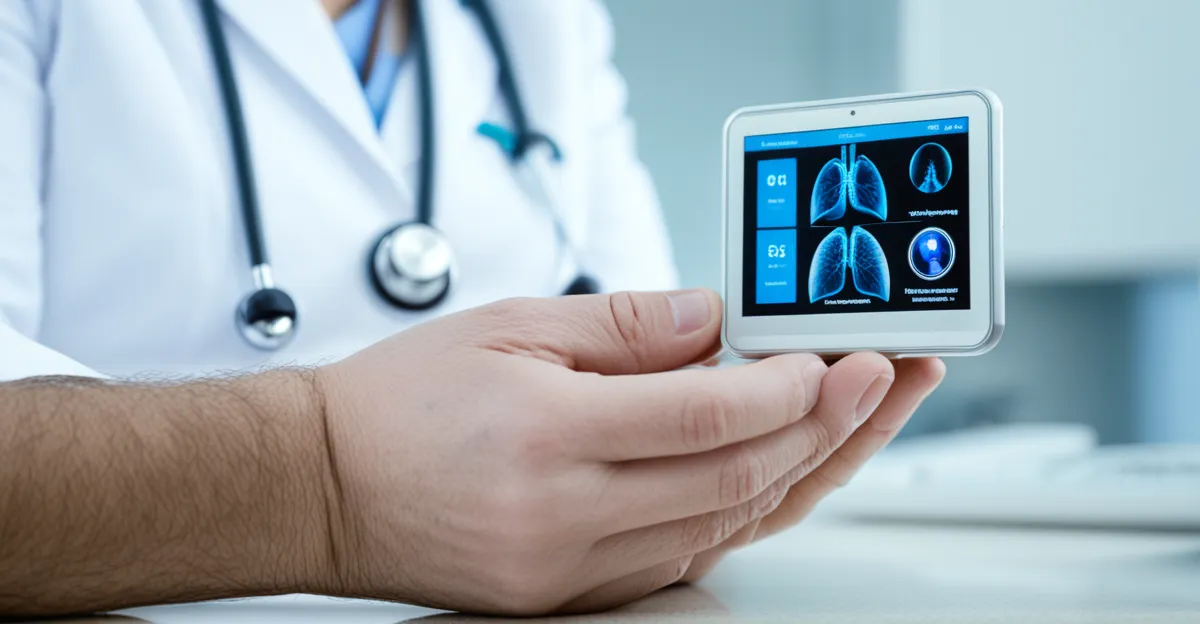UK Technology Innovations Transforming Healthcare Accessibility
In recent years, UK healthcare technology has driven significant improvements in healthcare accessibility across the country. Central to this progress are several health technology innovations that address longstanding barriers in service delivery. Among the most transformative advancements are telemedicine, AI diagnostics, and electronic health records—all of which contribute to reshaping patient experiences and outcomes.
Telemedicine stands out as a flagship innovation, expanding access to care for individuals in rural and underserved communities. The integration of telemedicine services within both the NHS and the private sector capitalizes on digital connectivity to overcome geographic constraints, providing remote consultations and follow-ups that alleviate travel burdens. This shift facilitates improved access to specialists and reduces wait times, directly enhancing healthcare accessibility UK-wide.
Additional reading : What are the implications of 5G technology rollout in the UK?
Complementing telemedicine, AI-driven diagnostic tools represent a leap forward in early and accurate detection. Within NHS hospitals, AI platforms assist radiologists and pathologists in analyzing images and test results with greater precision. These UK diagnostic technology solutions contribute to faster diagnosis, timely interventions, and ultimately more equitable healthcare delivery, especially in complex or resource-constrained settings.
Supporting these clinical innovations are electronic health records (EHR), which underpin seamless data sharing and coordination across multiple healthcare providers. The NHS’s efforts in establishing interoperable health data UK infrastructure enable comprehensive patient histories to be accessed securely and instantly. This system enhances care continuity and empowers patients to engage more actively in their healthcare journey, reinforcing the accessibility gains made through other technologies.
This might interest you : How Can Technology Innovations Enhance UK’s Educational System?
Together, these advancements highlight a focused ecosystem of health technology innovation in the UK that is fundamentally transforming how healthcare is accessed and delivered, making services more inclusive, efficient, and patient-centered.
Artificial Intelligence and Diagnostic Tools in the UK
AI healthcare UK has become a cornerstone in advancing diagnostics within NHS hospitals. The deployment of UK diagnostic technology, particularly AI-supported platforms, is transforming how radiology and pathology services are delivered. For example, many NHS trusts now utilize AI algorithms that analyze medical images with heightened accuracy and speed compared to traditional methods. These AI tools identify subtle anomalies and patterns that might be missed by the human eye, enabling earlier and more precise diagnosis.
This health technology innovation improves not only diagnostic accuracy but also healthcare accessibility UK-wide by reducing bottlenecks associated with limited specialist availability. Faster diagnostics lead to more timely treatments, directly benefiting patient outcomes in both urban centers and resource-constrained regions. NHS digital innovation initiatives continue to expand the integration of AI diagnostic tools, supporting clinicians with decision-making processes and streamlining workflows.
Beyond radiology and pathology, AI healthcare UK systems assist in predictive analytics, helping identify patients at risk of adverse conditions before symptoms worsen. This proactive approach further strengthens equitable healthcare delivery by optimizing resource allocation and intervention timing. As AI diagnostic technology matures, its deployment is expected to deepen, cementing its role in shaping a more accessible and efficient UK healthcare system.










